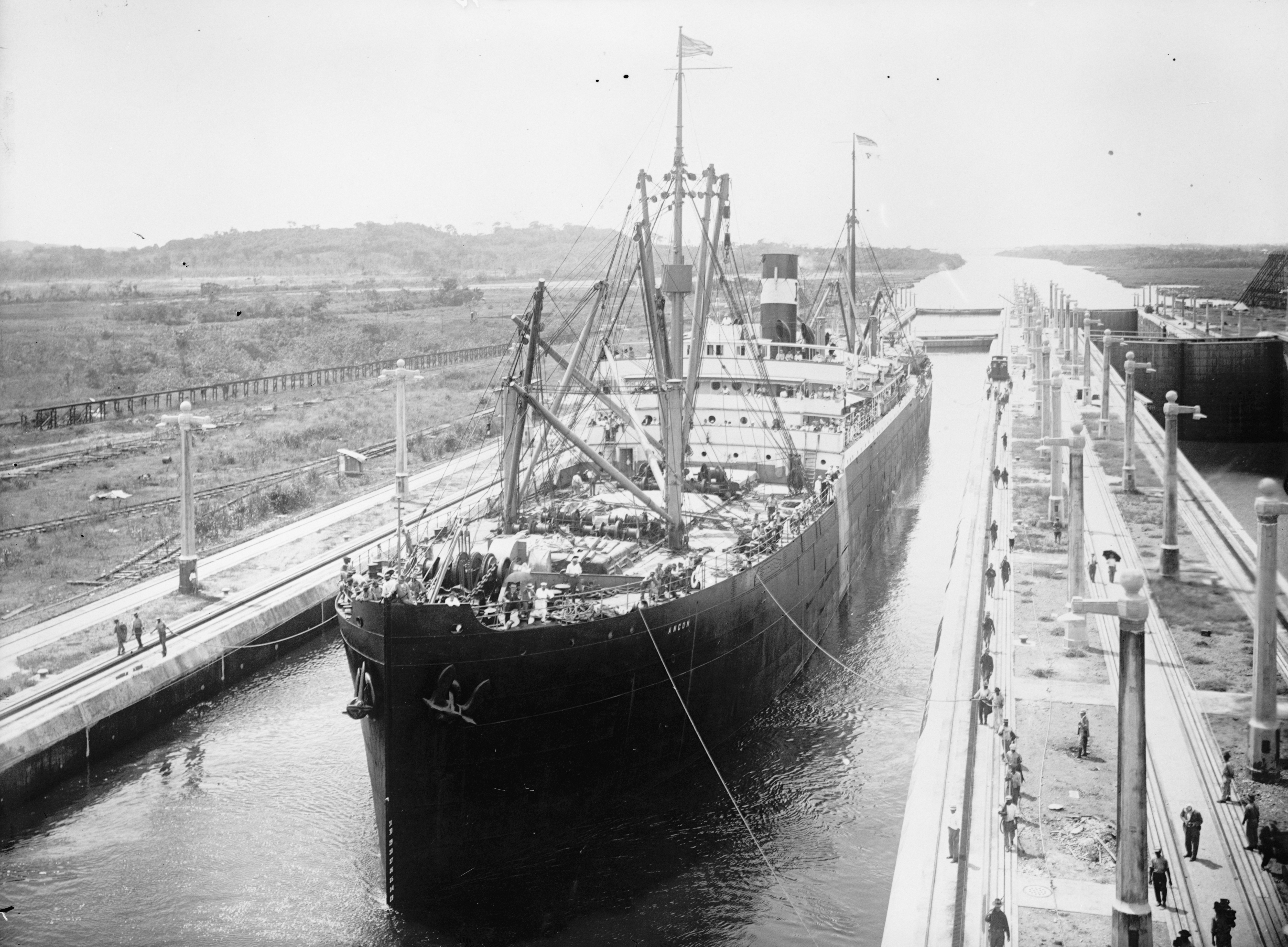Former South Carolina Gov. Nikki Haley won her first GOP presidential nominating contest Sunday, notching a victory in the Washington, D.C., primary, according to NBC News — a win her campaign hopes will spark some momentum ahead of next week’s Super Tuesday contests.
Haley, who won the district primary over former President Donald Trump, has for weeks pledged to stay in the race through Super Tuesday, when 15 states and American Samoa will hold nominating contests. Trump is dominating in nearly all of those states in most public polling and is expected to extend his commanding delegate lead.
Haley took 63% of the GOP primary vote to 33% for Trump. Just over 2,000 D.C. Republicans cast ballots. Because Haley got more than half of the vote, she came away with the district's 19 delegates.
Washington’s moderate set of Republicans, many of whom work in politics or government, are seen as vastly different than those in other early states like South Carolina and Iowa, which set up a scenario where Haley had her first legitimate chance of notching a victory. Trump got just 14% of the vote in Washington’s 2016 primary.
We've got the news you need to know to start your day. Sign up for the First & 4Most morning newsletter — delivered to your inbox daily. >Sign up here.
And expectations for turnout were also low, which opened up the door to a different scenario than every other contest so far because the margins were expected to be thin.
“It could be anywhere between 2,000 and 6,000 voters,” district GOP chair Patrick Mara predicted in an interview with NBC News last week. “So, quite frankly there is an opportunity here for anyone to win. It just depends on voter turnout and what the campaigns are doing.”
In 2016, the GOP primary was won by Florida Sen. Marco Rubio when roughly 2,800 votes were cast. Utah Sen. Mitt Romney, who became the party’s 2012 nominee, won the contest that year, when 5,200 votes were cast, and in 2008, roughly 6,200 votes were cast in a contest won by eventual Republican nominee John McCain.
Politics
Political news from the U.S. Capitol, White House and around Washington, D.C., Maryland and Virginia
Mara said the campaigns for both Haley and Trump were sending text messages and doing phone calls to inspire turnout ahead of the primary, even having some volunteers go door-to-door.
The primary is run by the local Republican Party rather than the state, which is common in other nominating contests, with just one polling location at the Madison Hotel.
“It’s run by the party, which is a different experience and we pay for it,” he said. “So, it means that Washington Republicans had to be motivated to come to downtown D.C to a hotel to vote."
He said Trump’s dominance in early primary states and the perception that the Republican nominating process also impacted low turnout.
“The average Washington Republican is politically astute and more media-savvy, they have seen coverage telling people the race is over,” Mara said.
This article first appeared on NBCNews.com. More from NBC News:



